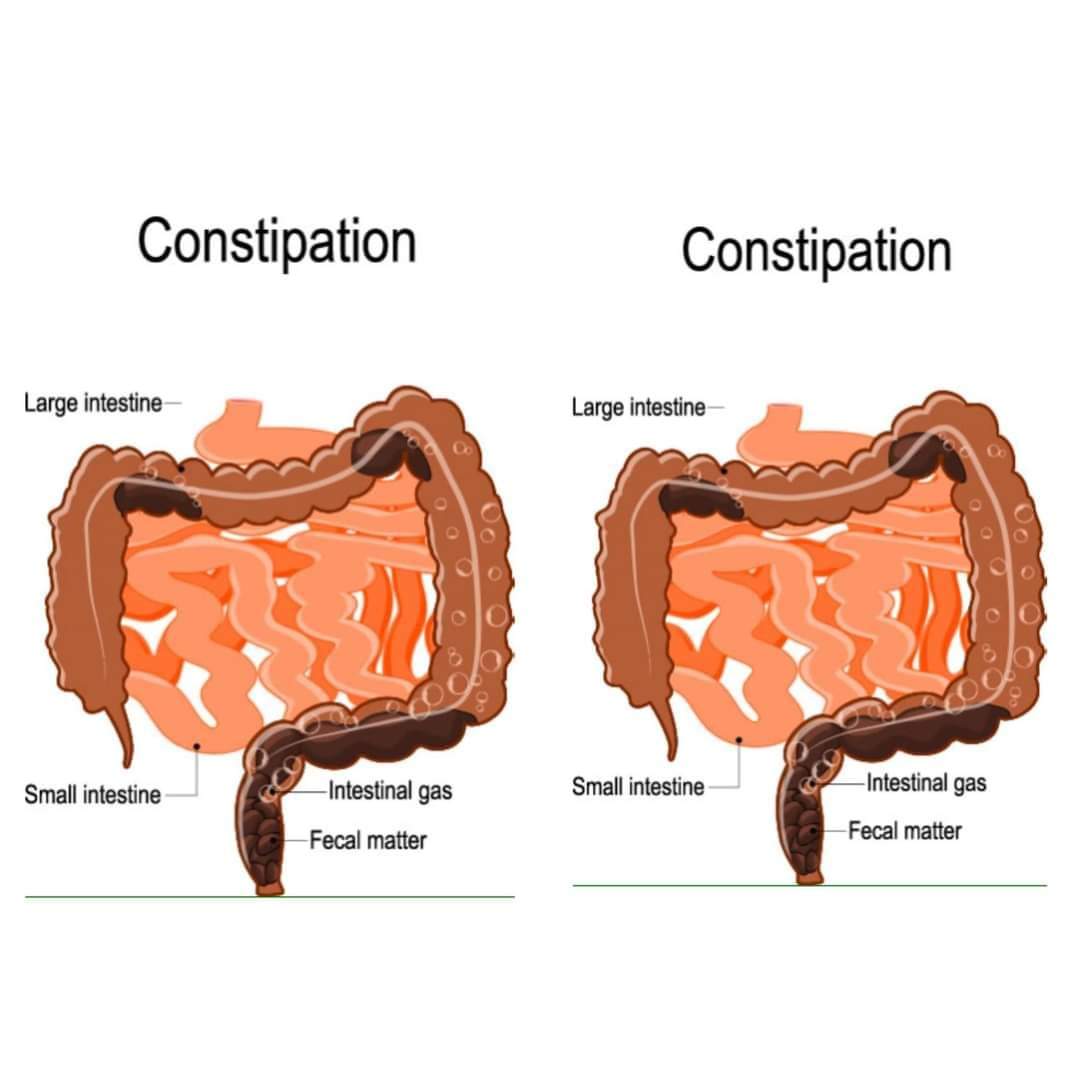THIS Vitamin Can FIX Years of Chronic CONSTIPATION
When discussing vitamins that can help alleviate chronic constipation, one often highlighted for its effectiveness is Vitamin C. This essential nutrient is not just crucial for immune function but also plays a key role in gastrointestinal health. Let’s delve into how Vitamin C can help address chronic constipation and improve bowel movements.
How Vitamin C Helps with Constipation
Osmotic Effect: High doses of Vitamin C can exert an osmotic effect, drawing water into the colon, which softens the stool and stimulates bowel movements. This effect is similar to that of osmotic laxatives.
Natural Laxative: At higher doses, Vitamin C can increase the motility of the intestines, helping to speed up the transit time of stool through the digestive tract.
Hydration: Vitamin C helps in better absorption of water in the digestive tract, further aiding in softening the stool.
Recommended Use
Dosage: The effectiveness of Vitamin C in relieving constipation often requires doses higher than the daily recommended intake. Typically, doses ranging from 500 mg to 2000 mg can be used, but it’s important to increase the dose gradually to prevent discomfort and assess tolerance.
Forms: Vitamin C supplements come in various forms, including capsules, chewables, and powders that can be dissolved in water. Buffered Vitamin C is often recommended for those with sensitive digestive systems as it is less acidic and therefore gentler on the stomach.
Considerations and Cautions
Hydration: It’s essential to stay hydrated when taking high doses of Vitamin C, as it works by drawing water into the colon.
Upper Limit: The upper intake level for Vitamin C (to avoid adverse effects) for adults is set at 2000 mg per day. Going beyond this limit can cause side effects like gastrointestinal discomfort and diarrhea.
Gradual Increase: To minimize side effects, it’s advisable to start with a lower dose and gradually increase it to see how your body reacts.
Consultation: Always consult with a healthcare provider before starting any new supplement regimen, especially if you have pre-existing health conditions or are on medications.
Supporting a Healthy Diet
Dietary Sources: Besides supplements, consuming foods high in Vitamin C can also help. Include fruits like oranges, strawberries, kiwi, and vegetables like peppers and broccoli in your diet.
Fiber and Fluids: Incorporate a high-fiber diet along with adequate fluid intake to naturally support bowel movements.
Medical Advice
Underlying Causes: Chronic constipation can sometimes be a symptom of an underlying condition. It’s important to investigate other potential causes with your healthcare provider.
While Vitamin C can be a helpful tool in managing constipation, it should be part of a comprehensive approach that includes diet modifications, adequate hydration, and regular exercise. This multifaceted strategy can help address the root causes of constipation and promote long-term digestive health.
ADVERTISEMENT

